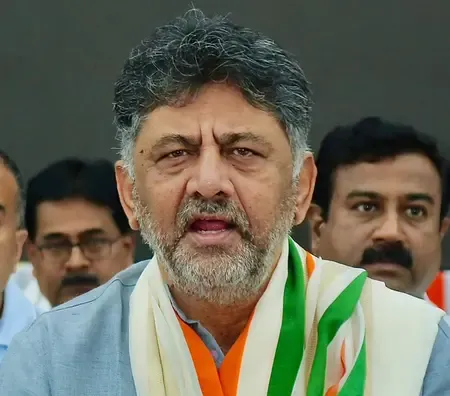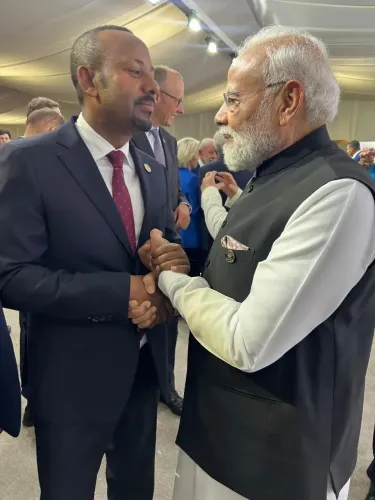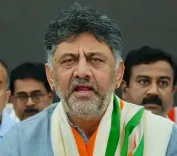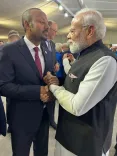Is Pakistan Preparing to Respond to India's Aggression?
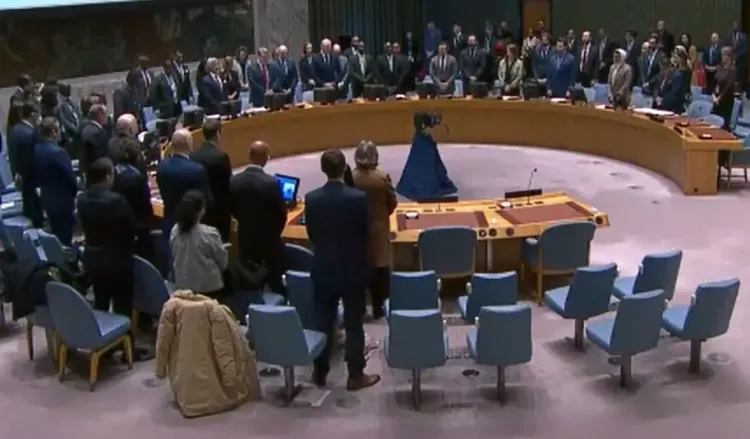
Synopsis
Key Takeaways
- Pakistan warns of potential retaliation against India.
- UN Security Council informed of the situation.
- Escalating military actions heighten regional tensions.
- International community calls for restraint.
- Dialogue is essential to prevent conflict.
United Nations, May 7 (NationPress) Pakistan has issued a notice indicating its readiness to launch a counterattack against India, informing the Security Council that it maintains the right to respond following a significant missile strike from New Delhi, as stated by its UN mission.
On Wednesday, India took action against Pakistan in response to a terrorist incident last month that resulted in the deaths of 26 individuals in Pahalgam, Kashmir.
The Resistance Front (TRF), linked to the Lashkar-e-Taiba terrorist group based in Pakistan, claimed responsibility for the assault.
The Council was briefed that Pakistan reserves the right to respond appropriately to this aggression at a time and place of its choice, in accordance with the UN Charter, as declared by the Pakistan mission in a statement on Tuesday night.
They also notified Secretary-General Antonio Guterres, Council President Evangelos Sekeris, and General Assembly President Philomen Yang about what they termed the “blatant aggression by India”.
The statement from the Pakistani mission did not specify if they were requesting a meeting of the Council.
The Council convened on Friday for a closed consultation regarding the rising tensions between the two nations.
It received insights from Assistant Secretary-General Khaled Mohamed Khiari, who later informed reporters that the situation was “volatile”.
India’s Defence Ministry announced the initiation of “Operation Sindoor”, which included targeted strikes against nine terrorist infrastructures in Pakistan and the Kashmir region under its control.
After the missile strikes were executed by India, Guterres communicated through his spokesperson that the “World cannot afford military confrontation between India and Pakistan”.
Spokesperson Stephane Dujarric emphasized the call for maximum military restraint from both nations.
On Monday, Guterres reiterated his firm condemnation of the terrorist act in Pahalgam, stating, “Targeting civilians is unacceptable, and those accountable must face justice through transparent, credible, and lawful means”.
The Indian Army reported incoming shelling from Pakistan into Indian territory on Wednesday, while Pakistan asserted it had downed five Indian jets, despite India not deploying aircraft during the missile attacks.


